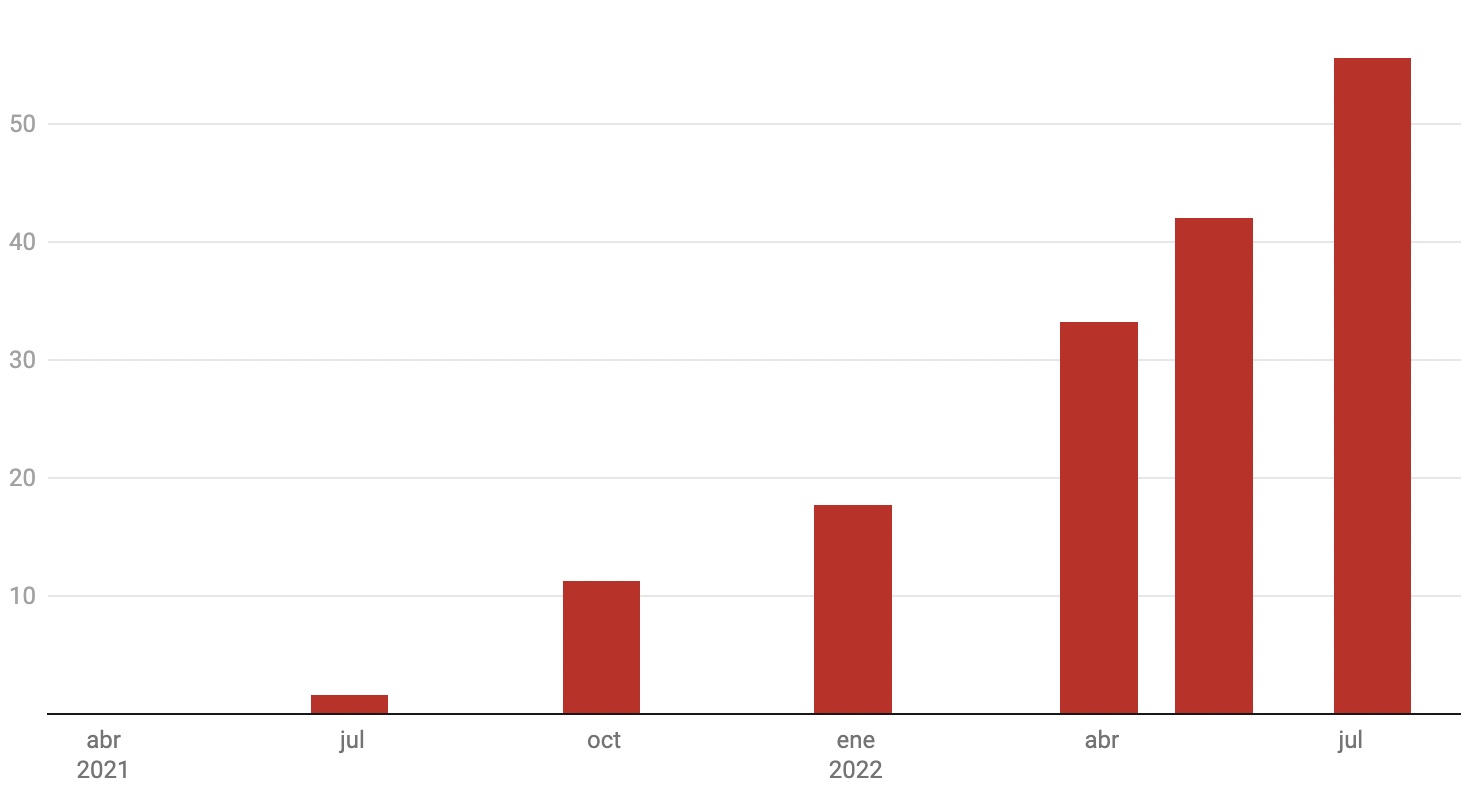The Biden administration made clear that it was not a ransom payment to the Iranian state, that the funds were intended solely for humanitarian purposes and that it was possible that the United States would block the disbursement of the funds if they were used for other purposes.
- In practice, the funds would be transferred to the Central Bank of Qatar, where their use by Iran would be monitored.
- President Ebrahim Raissi expressed his satisfaction from New York, where he was attending the UN General Assembly.
- Republican Senator Mitt Romney criticized the exchange as an invitation to hostile forces to kidnap American citizens. Mike Pense condemned the deal as “the largest bailout of Tehran’s mullahs in US history.”
- Among the five freed Iranian-American citizens – who Iran considers Iranian – are Siamak Namazi, a businessman detained in Iran since 2015, Emad Sharqi, a naturalist and nature defender, Morad Tahbaz, a venture capitalist, and two who chose to remain in Iran. anonymity.
- The Biden administration has repeatedly emphasized that this release has nothing to do with negotiations on Iran’s nuclear program, which is an entirely different matter.
The agreement is part of a broader policy by the Biden administration to repatriate all American citizens detained abroad, such as Paul Rusesabagina in March from Rwanda, and basketball player Brittney Griner in December 2022, from Russia. Since his arrival in the White House, Joe Biden has tried to resume dialogue with Iran, after four years of Trump’s “maximum pressure.”
- However, negotiations over Iran’s nuclear program have been stalled since spring 2022, despite regular efforts to relaunch it. European and American officials appeared to adopt a similar narrative following the statement’s announcement, stating that Iran should cooperate more with the International Atomic Energy Agency, while leaving the door open to diplomacy. Apparently, the political directors of the E3 group (Britain, Germany and France) will meet today, September 19, with Iranian negotiator Ali Bagheri Kani on the sidelines of the UN General Assembly.
Last week, on September 16, IAEA Director General Rafael Grossi reacted strongly to Tehran’s announcement that it would no longer allow some of the Agency’s inspectors to carry out their verification work under the Safeguards Agreement. In particular, he regretted that, as a result of this decision, which he described as “very regrettable”, one third of the most experienced inspectors in the field could no longer carry out their work; Such strong public statements from the Agency’s Director General are not common. The results of the annual meeting of the IAEA Board of Governors which will take place on 25 September 2023 will be closely monitored.

“Web specialist. Incurable twitteraholic. Explorer. Organizer. Internet nerd. Avid student.”






